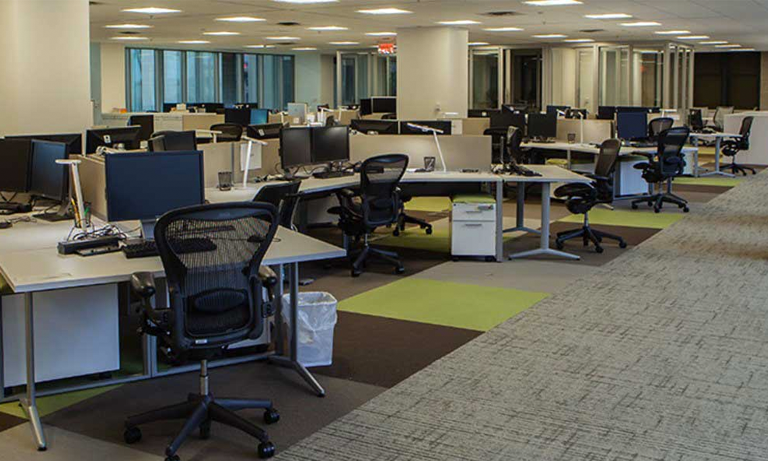
A lot has changed over the last year, no more so than employment within society. All of retail, for example, had to reinvent themselves with new measures and practice. But what’s next for employment after COVID-19?
Working From Home
Easily one of the quickest changes we’ve seen applied to employees working condition, has been the introduction of more remote working. Many offices had to close for almost an entire year, but the work didn’t stop.
Instead, what we saw were businesses scrambling to set up working conditions and software for employees out of the office. This meant ensuring all employees had access to a desktop/laptop and working internet to keep working.
This led to the rise of video call applications, such as Zoom, to help teams get their meetings done effectively, assuming people weren’t accidentally muting themselves.
In some cases, employees were given a small bursary to get office materials in that they would need to get work done. In some cases, towards the end of the year, some businesses make the drastic decision to close down their offices to permanently work from home.
This is only possible for a select number of businesses, mainly offices, of course. This decision was made as it was realised that the same amount of work was still getting done, saving costs of office space. For workers, they were able to save on transport costs and food costs, giving them more incentive to work.
HR Challenges
Of course, the last year or so has proved to be a challenge for workforces across the globe. As such, HR departments have had to innovate and evolve with the times.
One of the ways they have achieved this, is by being more open to the use of an outplacement service. Outplacement support allows employees to be moved onto new lines of work if they’ve had to leave their work, which happened a lot when COVID-19 hit.
With unforeseen circumstances such as this, it’s useful to have a service that can help everyone move forward as seamless as possible. This is not only ethically a good move, but it will help protect business interests further down the line.
Technological Advancements
As well as seeing more workers work from home, we will inevitably see more technology within all industries. That doesn’t necessarily mean we will see lots of manual work be replaced by robotic technology. Instead, what we will most likely see, is more artificial intelligence within businesses, helping to improve productivity.
Artificial intelligence will be more and more integrated into workplaces in the near future. Already, we have seen AI takeover a lot of customer service roles. These web chat bots, send automated messages to customers, responding to buzzwords and problems to either suggest fixes, or get them sent to the right human department.
Some AI will be used to help make better predictions, as they can analyse and diagnose much better in an informed manner. This will help boost HR teams, in terms of making decisions easier and quicker too.
It’s also quite likely that the next generation of workers will be more inclined to work with newer technology too. Much like the generation before them, they will have different ways to want to work.





